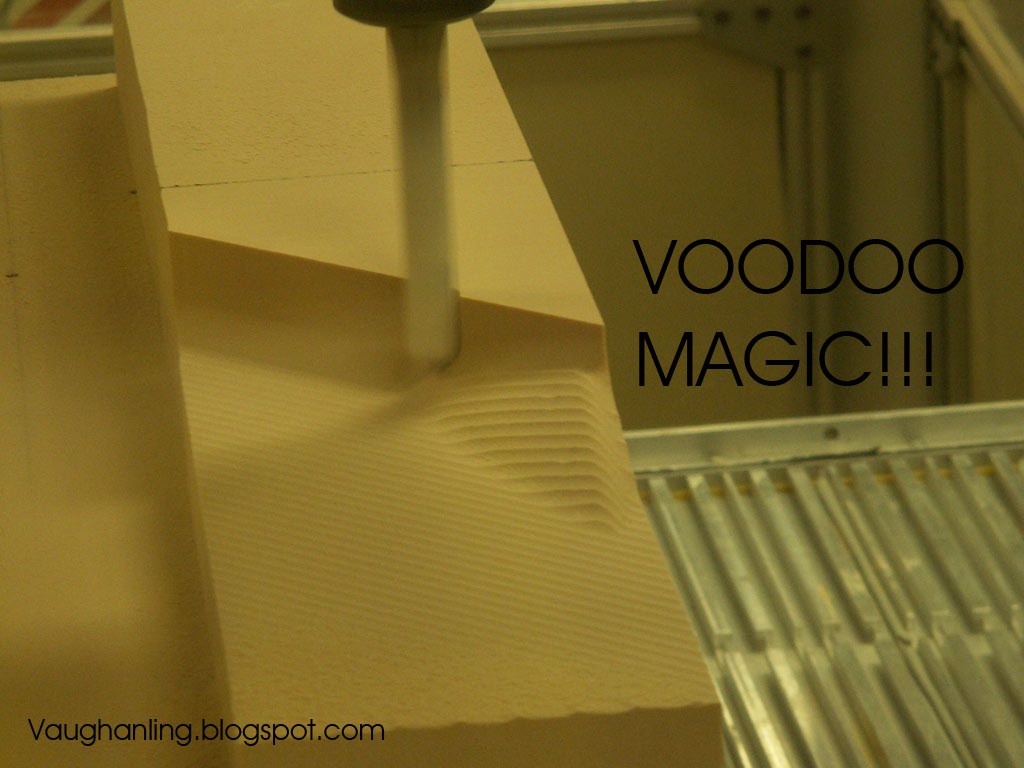
GOLDEN HOUR the Golden Hour: Scienti®c Fact or Medical "Urban Legend"?".^ "Original data supporting the 'Golden Hour' concept produced from French World War I data," Archived at the Wayback Machine Trauma Resuscitation at, Accessed June 22, 2007.^ a b "Tribute to R Adams Cowley, M.D.," Archived at the Wayback Machine University of Maryland Medical Center, R Adams Cowley Shock Trauma Center, Accessed June 22, 2007."The Golden Hour: Scientific Fact or Medical "Urban Legend?" ". International Trauma Life Support for Emergency Care Providers (8th Global ed.). Atls, Advanced Trauma Life Support Program for Doctors. ^ American College of Surgeons (2008).There are different critical periods for different injuries. The physician Bryan Bledsoe, an outspoken critic of the golden hour and other EMS "myths" like critical incident stress management, has indicated that the peer reviewed medical literature does not demonstrate any "magical time" for saving critical patients. While most medical professionals agree that delays in definitive care are undesirable, recent peer reviewed literature casts doubt on the validity of the 'golden hour' as it appears to lack a scientific basis.

You might not die right then it may be three days or two weeks later - but something has happened in your body that is irreparable." Controversy If you are critically injured you have less than 60 minutes to survive. The R Adams Cowley Shock Trauma Center section of the University of Maryland Medical Center's website quotes Cowley as saying, "There is a golden hour between life and death.

The concept of the "Golden Hour" may have been derived from the French military's World War I data. R Adams Cowley is credited with promoting this concept, first in his capacity as a military surgeon and later as head of the University of Maryland Shock Trauma Center.

The recommended amount of time for emergency medical services is less than 10 minutes at the location of the trauma before transporting. After all, American readers have an insatiable appetite for news of the Duke and Duchess of Windsor, that infamous couple posted to this colonial backwater during World War II after. Because some injuries can cause people to deteriorate extremely rapidly, the lag time between injury and treatment should ideally be kept to a bare minimum this has come to be specified as no more than 60 minutes, after which time the survival rate for people who have sustained trauma is alleged to fall off dramatically. about the golden hour The Bahamas, 1941: Newly-widowed Lulu Randolph arrives in Nassau to investigate the new Governor and his wife for a New York society magazine. It therefore becomes a priority to transport people with severe trauma as fast as possible to specialists, most often found at a hospital trauma center, for treatment. Complications such as shock may occur if the person is not managed appropriately and expeditiously. You are not able to travel at this time.Cases of severe trauma, especially internal bleeding, require surgical intervention. You must self-isolate immediately and wait until you are advised by the Public Health Unit of your next steps. In the unlikely event that your result is positive for COVID-19, you will be contacted by the Public Health Unit of the state where your test was collected. You must save these results to your mobile device and printing them is recommended. You will need the 4-digit PIN provided on your tax invoice to access the result. The SMS contains a secure link to view your results. If you do not receive an SMS after 48 hours, please contact Sullivan Nicolaides Pathology on (07) 3300 8930, Mon-Fri 8 am-6 pm, Sat 8 am-6 pm, and Sun 8 am-1 pm When your test is complete and the result is negative, you will receive an SMS 24–48 hours after your sample is collected. Please note that samples collected in remote locations may take longer to report due to time in transit to the laboratory.

In circumstances when there is an outbreak causing an increase in demand for testing, there may be a delay. Please ensure you present for collection as early as possible within your testing window. Test results are typically available within 24-48 hours after visiting a COVID-19 travel testing collection centre.


 0 kommentar(er)
0 kommentar(er)
